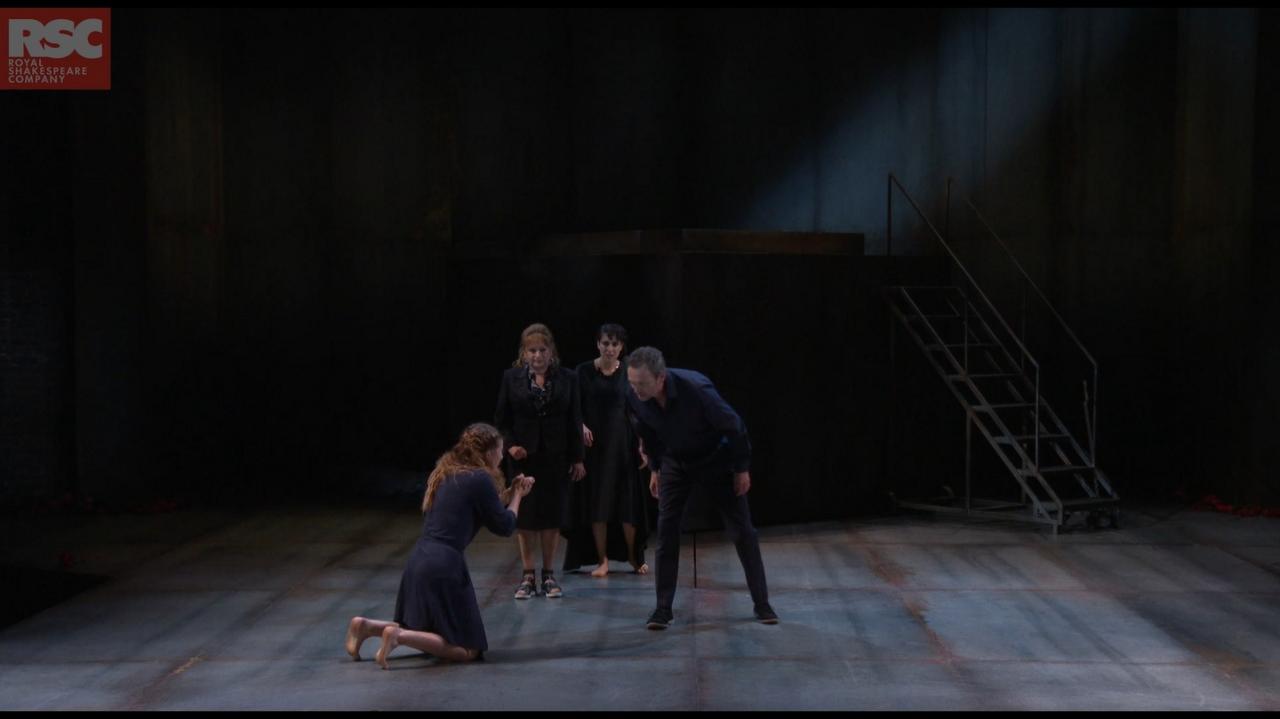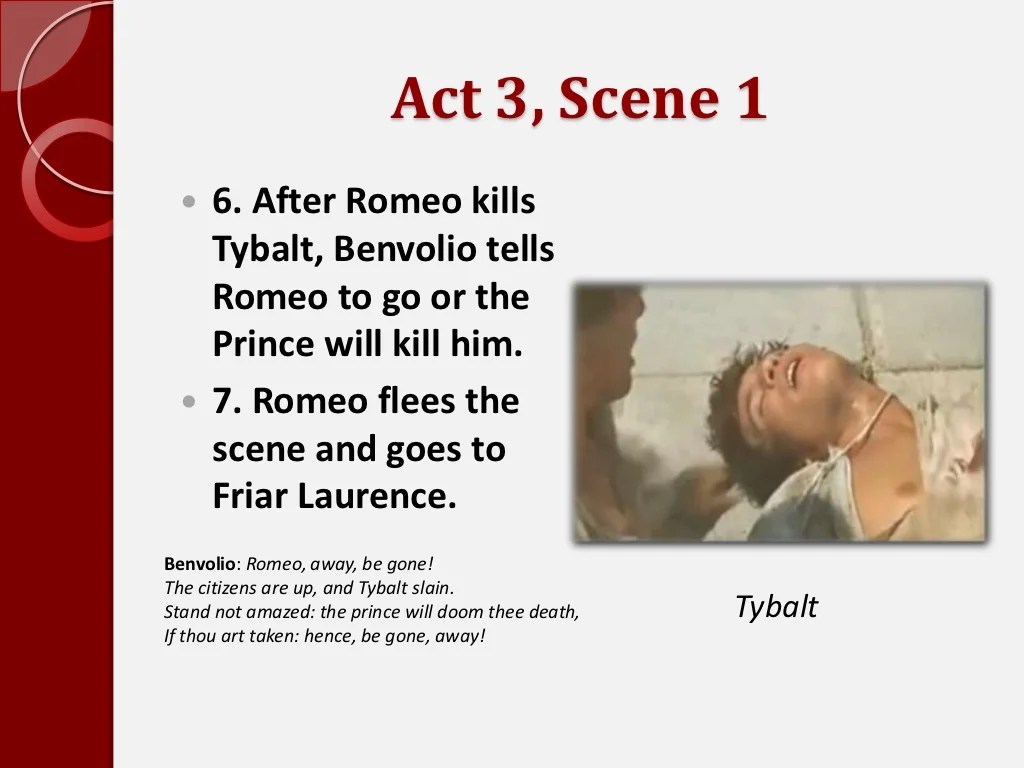Quotes from Romeo and Juliet Act 3 set the stage for this enthralling narrative, offering readers a glimpse into a story that is rich in detail and brimming with originality from the outset.
This act is a pivotal turning point in the play, as the star-crossed lovers face new challenges and heartbreaks that test the limits of their love. From the iconic balcony scene to the tragic duel, Act 3 is filled with unforgettable moments and powerful dialogue that have captivated audiences for centuries.
Act 3, Scene 1: The Balcony Scene
In this iconic scene, Romeo and Juliet declare their love for each other and plan their secret marriage. Romeo overhears Juliet on her balcony, expressing her love for him. He reveals himself, and they engage in a passionate conversation.
The Significance of “O Romeo, Romeo! Wherefore art thou Romeo?”
Juliet’s famous line, “O Romeo, Romeo! Wherefore art thou Romeo?” expresses her frustration and longing. She wishes Romeo were not a Montague, as their families’ feud prevents them from being together. The quote highlights the tragic irony of their love and foreshadows the obstacles they will face.
The Role of Friar Laurence
Friar Laurence plays a pivotal role in this scene. He agrees to marry Romeo and Juliet in secret, hoping to reconcile their families. However, his plan ultimately fails, as the lovers’ hasty actions and poor timing lead to tragedy.
Act 3, Scene 2: The Duel: Quotes From Romeo And Juliet Act 3

The events leading up to the duel between Romeo and Tybalt are as follows:
- Tybalt, seeking revenge for Romeo’s presence at the Capulet ball, challenges him to a duel.
- Romeo, who has recently married Juliet, initially refuses to fight, as he does not want to harm Tybalt, who is Juliet’s cousin.
- Mercutio, Romeo’s friend, intervenes and fights Tybalt in Romeo’s place.
- In the ensuing duel, Tybalt kills Mercutio.
- Romeo, enraged by Mercutio’s death, challenges Tybalt and kills him in a fit of rage.
Significance of Mercutio’s Death
Mercutio’s death is significant for several reasons:
- It marks the turning point in the play, as it escalates the conflict between the Montagues and Capulets.
- It foreshadows the tragic deaths of Romeo and Juliet.
- It reveals Romeo’s impulsivity and recklessness, which ultimately leads to his downfall.
Impact of Romeo’s Banishment
Romeo’s banishment from Verona has a profound impact on the plot:
- It separates Romeo and Juliet, making it impossible for them to be together.
- It forces Romeo to flee to Mantua, where he is unable to contact Juliet.
- It sets the stage for the tragic events that follow, as Romeo and Juliet are driven to desperate measures in their attempts to be together.
Act 3, Scene 3: The Friar’s Cell
Desperate after killing Tybalt, Romeo seeks refuge in Friar Laurence’s cell. The Friar, shocked and saddened by the news, devises a plan to help the young lovers escape their dire situation.
The Friar’s Plan
The Friar’s plan involves sending Romeo away to Mantua and giving Juliet a potion that will make her appear dead for 42 hours. He will then send a message to Romeo, informing him of the plan and asking him to return to Verona to take Juliet away when she awakens.
In the meantime, Juliet will be placed in the family tomb, where Romeo will find her.
“If you with a bullet pierce the air”
As Romeo expresses his fear and doubt about the plan, the Friar assures him that it will work if he follows the instructions carefully. He emphasizes the importance of patience and timing, using the metaphor of a bullet piercing the air: “If you with a bullet pierce the air, / It is a traveler of very short breath, / And may be stopped from his swift course / Such violent ways meet in violent ends.”
This quote highlights the unpredictable nature of fate and the importance of precision and timing in executing the plan. The Friar’s words serve as a warning to Romeo to be cautious and to trust in his guidance.
Act 3, Scene 4: The Nurse’s Report

The Nurse arrives at Juliet’s room and delivers the tragic news that Romeo has been banished from Verona for killing Tybalt.
Juliet is devastated by the news and threatens to kill herself if she cannot be with Romeo. The Nurse tries to comfort Juliet and suggests that she marry Paris, who has asked for her hand in marriage.
The Nurse’s Role in the Play, Quotes from romeo and juliet act 3
The Nurse is a complex character who plays a significant role in the play. She is Juliet’s confidante and provides her with advice and support. However, the Nurse is also a pragmatic woman who is more concerned with Juliet’s safety than her happiness.
In this scene, the Nurse’s pragmatism is evident in her suggestion that Juliet marry Paris. The Nurse believes that this is the best way to protect Juliet from Romeo’s banishment. However, Juliet’s refusal to marry Paris shows that she is willing to risk her safety for her love of Romeo.
Act 3, Scene 5: Juliet’s Lament
This scene is the aftermath of Tybalt’s death. Juliet is distraught and in mourning. She delivers a famous speech in which she laments Romeo’s role in Tybalt’s death and questions why he had to be a Montague.
Imagery and Symbolism
Juliet’s speech is filled with vivid imagery and symbolism. She compares Romeo to a “raven” and a “dove.” The raven is a symbol of death and the dove is a symbol of peace. This juxtaposition highlights the conflicting emotions that Juliet feels towards Romeo.
She loves him, but she also knows that he is the one who killed her cousin.
Juliet also uses the imagery of light and dark to describe Romeo. She calls him “day” and “night.” This imagery suggests that Romeo is both a source of joy and sorrow for Juliet.
Emotional Impact
Juliet’s speech is incredibly moving and emotional. Her words convey the depth of her grief and despair. The audience is left feeling sympathy for Juliet and understanding of her plight.
The speech also highlights the tragedy of the situation. Juliet and Romeo are star-crossed lovers who are destined to be apart. Their love is doomed from the start, and Juliet’s speech foreshadows the tragic events that are to come.
Popular Questions
What is the significance of the “O Romeo, Romeo! Wherefore art thou Romeo?” quote?
This famous line is spoken by Juliet as she laments Romeo’s banishment from Verona. It expresses her deep love for him and her despair at the thought of being separated from him.
How does Mercutio’s death impact the plot of the play?
Mercutio’s death is a turning point in the play, as it leads to Romeo’s banishment and sets in motion the chain of events that ultimately leads to the tragic deaths of Romeo and Juliet.
What is Friar Laurence’s plan to help Romeo and Juliet?
Friar Laurence gives Romeo a potion that will make him appear dead, so that he can be reunited with Juliet after she has taken a potion that will make her appear dead.